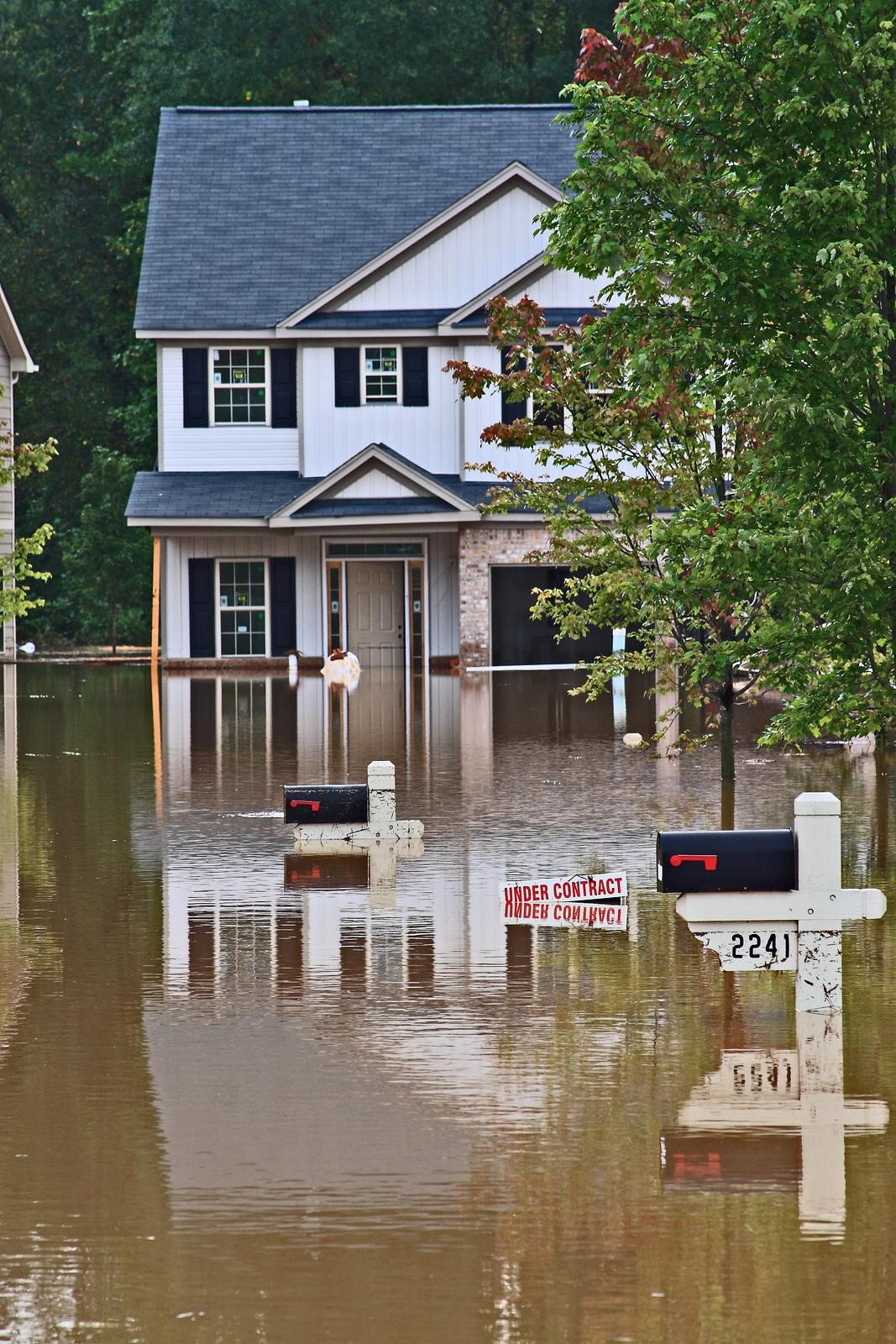According to statistics compiled by the National Flood Insurance Program, floods are the number one natural disaster in the United States. In fact, total flood insurance claims from 2003 to 2012 averaged nearly $4 billion per annum. The top three states with the highest number of insurance claims are New Jersey, New York, and Louisiana.
The presence of floodwater in any residential area is a huge cause for concern. After all, the health risks associated with flooding are well documented. Exposure to debris floating in floodwater can result in infected wounds. Consuming products contaminated by pollutants and bacteria in floodwater can cause diarrheal diseases. Furthermore, stagnant floodwater encourages the proliferation of mosquitoes and mosquito-borne viruses. That does not even take into account how floods physically damage your home!
In light of all the havoc floodwater can wreak, it is only natural for people living in flood-prone areas to look for ways to protect their homes. Here are a few effective storm water management tips you can try.
Ditch the Concrete
Many homeowners choose to pave their front yards with concrete as a low-maintenance option. Unfortunately, water is unable to pass through concrete. As a result, water accumulates in the streets, eventually creating full-blown floods.
As reported in The Times-Picayune, the city of New Orleans is currently implementing a program that aims to remove excess concrete from front yards to add more soil and plants. With more places for water to go, the chances of floods are significantly reduced. This method has had success in San Francisco, CA.
Install Better Storm Water Systems
Drains are effective at keeping rain away from your home, but when push comes to shove, standard drains may not be able to keep up with a flood. For this reason, you may want to explore a sensible way of dealing with excess rainwater.
Respected companies like StormChambers provide stormwater management BMP systems that help households cope with floodwater. These systems filter out impurities in floodwater and move it toward a storage chamber, thereby providing a stable and reusable water supply for simple needs like watering the plants or washing the car.
(Source: Is your front yard contributing to street flooding? New program aims to swap paving for plants; The Times-Picayune; March 31, 2015)






